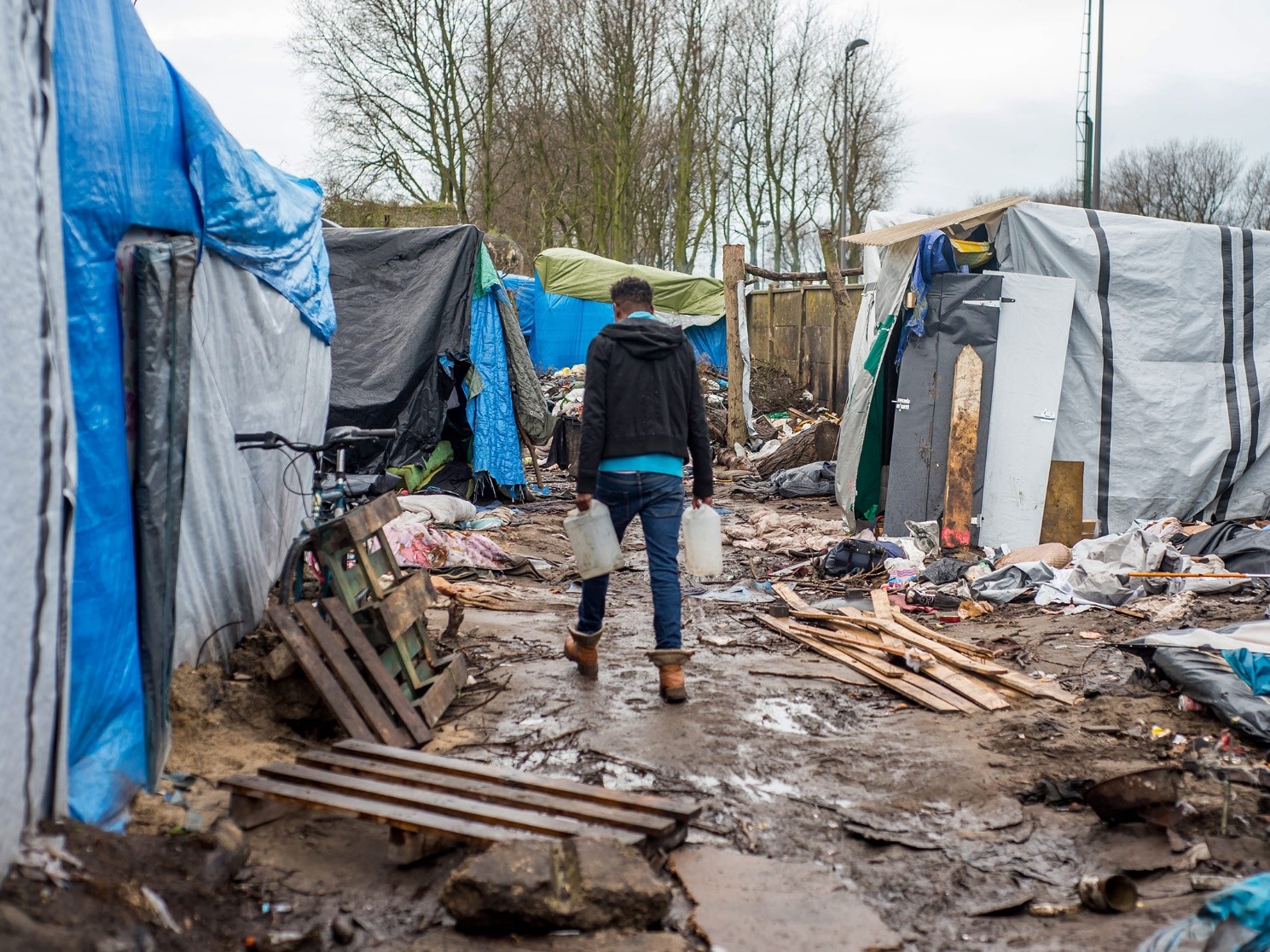To many people, having access to an adequate toilet is taken for granted. For the thousands of refugees in Bangladesh and Calais, having the option of using a toilet is a distant dream.
World Toilet Day is on 19 November and while it may seem incredulous to have a day dedicated to toilets, over 2.3 billion people in the world (one in three) still lack access to a decent toilet.
Catarina Albuquerqu, the former United Nations Special Rapporteur on the Human Right to Safe Drinking Water and Sanitation describes how human dignity is central to sanitation. Being forced to defecate in plastic bags or in the open is an embarrassing situation that provokes indignity and shame.
Every day, hundreds of thousands of migrants are forced to live without their human right to safely managed sanitation services. More than 600,000 Rohingya Muslims are now threatened by water-related diseases due to lack of access to clean water, toilets, food and healthcare in refugee camps in Bangladesh.
In these camps, there is only one toilet for 327 Rohingya Refugees. The Inter Sector Coordination Group (ISCG) says approximately 59 million liters of clean water is needed every day to meet the refugees’ basic needs. However, many sites have little to no access to toilets or safely managed water and existing water sources are currently running low. In addition, rain has flooded some camps and left pools of water, many of them contaminated with fecal matter.
In Calais, AFP reports that the migrants have no access to latrines, showers or clean water. The consequences of such impoverished conditions will lead to the spread of infectious skin diseases such as scabies and impetigo as well as an increase in mental health problems.

When an individual’s dignity and rights are assaulted by lack of sanitation, this creates a wave that affects the entire community’s ability to attain a high standard of health, due to the contaminating nature of faeces, for example.
On World Toilet Day, it is important to realise that sanitation does not rely solely on having access to a toilet. It instead encompasses the entire system for the collection, transport, treatment, and disposal or reuse of human excreta and associated hygiene.
The UN’s 2030 Agenda for Sustainable Development provides a foundation for understanding the distinct nature of the right to sanitation, and shows us how refugees’ human dignity can suffer.
When people are deprived access to a dignified toilet, they are deprived of their human rights. Together, we can work towards achieving Goal 6, a crucial component of the Sustainable Development Goals.